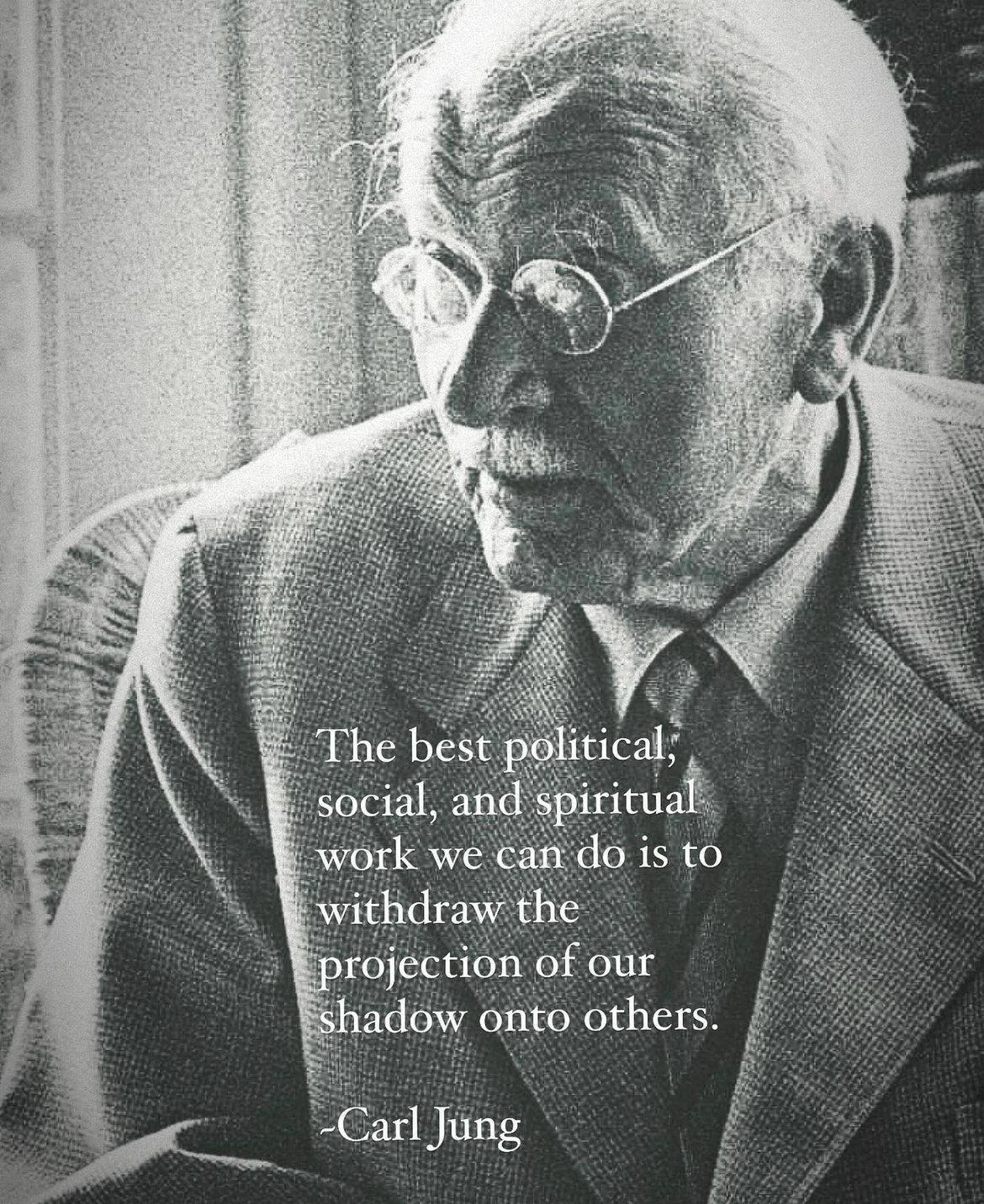You can’t be a Light Worker if you’re not a Shadow Worker.
Embrace Your Shadows
In the journey of self-healing and soul growth, there comes a pivotal moment to face the shadows within. Shadow Work isn’t about “fixing” ourselves or banishing darkness; it’s about becoming whole—integrating both light and shadow to live authentically.
For highly sensitive people (HSPs), this path can feel like a profound calling and a challenge, inviting deep healing that honors every aspect of the self.
Find in this blog post how Shadow Work can lead to transformative growth, guiding you with awareness, compassion, and support.
What Is Shadow Work & Why Is It So Important?
What is Shadow Work?
Picture a mirror reflecting not just your appearance but your innermost self, the parts you’ve hidden from others and even yourself. This is the essence of Shadow Work. Coined by Carl Jung, the “shadow” refers to unconscious parts of ourselves that we often repress or deny. For HSPs, this shadow may carry intense emotions or experiences that feel overwhelming.Why Highly Sensitive People Feel the Call
Sensitive souls, such as empaths and lightworkers, naturally tune into the energies around them. Yet this sensitivity can also bring inner struggles, like fear of facing intense emotions. Shadow Work invites us to explore these feelings compassionately, without judgment. By confronting and integrating our shadows, we gain freedom and authenticity, allowing us to live more fully.Myths & Misconceptions
Shadow Work is often mistaken as necessary only for those with trauma. In truth, it’s a powerful path for anyone on a journey of self-discovery and personal growth. For HSPs, integrating the shadow provides an opportunity to reclaim inner power and insight, transforming once-feared aspects into allies on the healing path.
The Deeper Layers of Shadow Work
The Shadow as a Teacher
Shadow Work goes beyond resolving “negative” aspects; it’s about uncovering hidden wisdom. For example, behind jealousy may lie an unmet need for self-worth. Highly sensitive individuals experience life vividly, and Shadow Work serves as a portal to understand their deepest beliefs and motivations. It opens pathways to heal the inner child and aspects longing for acknowledgment.Patterns and Triggers as Portals to Self-Discovery
Shadow Work illuminates patterns in life. What situations repeatedly trigger emotions? HSPs often find these insights revealing, as they uncover beliefs driving emotional responses. Observing these patterns helps HSPs understand and heal the past stories that unconsciously shape their present.Common Shadows for Sensitive Souls
For HSPs, themes like self-worth, fear of rejection, self-sacrifice, and difficulty with boundaries are common. Some may even struggle with “spiritual bypassing,” using love and light to avoid deeper, uncomfortable emotions. Shadow Work allows a grounded experience of spirituality that honors all facets, deepening our ability to live with integrity.
The Transformative Potential of Shadow Work
Moving from Fear to Empowerment
Imagine the liberation of no longer running from your emotions, understanding them as signals and guides. Through Shadow Work, HSPs learn to sit with emotions like anger and sadness, transforming them into strengths. By recognizing and accepting them, we turn shadows into powerful allies.Deepening Self-Acceptance
Shadow Work leads to self-acceptance. HSPs, who often absorb others’ energies, discover how to stop seeking external validation and embrace all parts of themselves. By transforming judgment into curiosity, we see our shadow aspects as parts of a multi-dimensional self that deserves understanding, not hiding.Transforming Relationships and Boundaries
Relationships can feel overwhelming for HSPs. With Shadow Work, HSPs learn where they may have been sacrificing needs, avoiding confrontation, or fearing rejection. Integrating the shadow naturally builds healthy boundaries and inner security, transforming how we relate to others from a place of wholeness.
Begin Your Shadow Work Journey
Start Small with Compassionate Curiosity
Begin with gentle exploration. Instead of diving into deep traumas, start with smaller moments—times of embarrassment or frustration. Ask: What did this reveal about my needs, beliefs, or fears? Remember, the goal is not to “fix” yourself but to observe and understand.Embrace Journaling
Writing is a powerful way to navigate Shadow Work. For HSPs, journaling offers a safe space to release emotions and identify triggers, revealing patterns and insights that lead to transformation.Work with a Supportive Guide or Mentor
Shadow Work can bring up strong emotions, so consider working with a trusted therapist or spiritual mentor. Many HSPs find that the presence of a compassionate guide creates a safe container for deep exploration.Honor the Journey with Rituals
Rituals like lighting a candle, using crystals, or setting up an altar help ground your Shadow Work journey. These practices create a sacred space, supporting you as you explore and heal.
The Heart Warrior’s Journey
Shadow Work is often called the journey of the Heart Warrior, where courage and vulnerability are allies on the healing path. For HSPs, this journey means letting go of perfection and embracing the complex, beautiful reality of self. Shadow Work isn’t a quick fix but reveals layers of resilience, wisdom, and joy.
If you feel called to this journey, know you’re not alone. Empaths, healers, and sensitive souls are walking this path, honoring light and shadow in pursuit of authentic living. Shadow Work is not just self-care; it’s soul care, a practice of showing up fully in your life and the lives of others.







